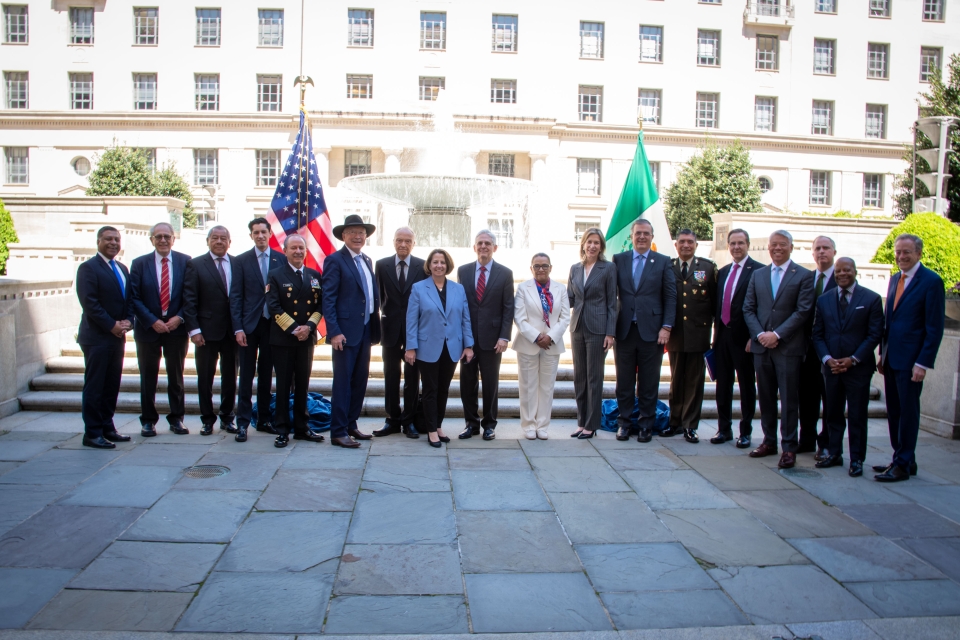(bycmolzahn) – President Enrique Peña Nieto signed into law new guidelines governing transparency and access to information in Mexico, following Congress’s approval of the law in December and its subsequent approval in the majority of Mexican states. Peña Nieto lauded the changes to Mexico’s transparency laws, which expand the burden of transparency to all entities receiving public funds and increase the powers of the Federal Institute for Access to Information and Protection of Data (Instituto Federal de Acceso a la Información y Protección de Datos, IFAI). The new reform is another step in a process of increasing public access to information that began with a 2003 law that first allowed Mexican citizens to request information that had traditionally remained under the discretion of government authorities.
The constitutional reforms establish the IFAI as an autonomous body, a development that transparency advocates have long called for. It also extends to Mexico’s 31 states and the Federal District (Distrito Federal, DF), requiring them to amend their own constitutions to provide more authority to their IFAI counterparts. Several current and former state governments have come under fire in recent months for the opacity with which they have conducted their financial activities, and for accumulating massive state debt with little oversight or repercussions. The new reforms hope to standardize criteria and procedures for information requests directed at state and municipal governments.
Moreover, the number of IFAI commissioners will increase from five to seven, and will be appointed by Senate vote with the possibility of a presidential challenge, the inverse of the past procedure for selecting commissioners. Transparency advocates hope that this change will increase the likelihood of appointing commissioners free from political influence. The acting commissioners were given a window of ten days to seek ratification in the Senate for appointment to the IFAI’s first post-reform governing body. As of the closing date, all four sitting commissioners—Sigrid Arzt Colunga, María Elena Pérez-Jaén, Ángel Trinidad Zaldívar and Gerardo Lavega Rendón—had presented the Senate with letters of intent to continue in their duties following the end of their current terms. The Senate has until February 28 to determine whether they will return to their posts. The remaining two commissioners are to be appointed within 90 days of the law’s signing. While the shift of ratification to the Senate has mostly been met with approval, groups such as the Fundar Center for Analysis and Investigation (Centro de Análisis e Investigación, Fundar) have urged the Senate not to resort to “partisan quotas” when selecting IFAI commissioners.
The law amends four articles of the Mexican constitution and makes public all information in the possession of government agencies, trusteeships, and public funds. The measure will also require any individual, business unions, or any other organization receiving public funds to disclose their finances and expenditures, with exceptions only being made when the executive branch determines that revealing the requested information would be detrimental to national security. This was a main point of contention among lawmakers, and after some debate it was determined that only the president’s legal counsel would hold the authority to challenge the IFAI’s decisions before Mexico’s Supreme Court. The original Senate proposal additionally allowed the Attorney General’s Office (Procuraduría General de la República, PGR), the governor of the Bank of Mexico, and the president of the National Human Rights Commission (Comisión Nacional de los Derechos Humanos, CNDH) to challenge IFAI’s decisions, but months of congressional negotiations eliminated these exemptions. Nevertheless, some transparency advocates maintain that any potential for challenging and/or delaying IFAI’s decisions compromises the agency’s newfound autonomy.
Before the law can be fully implemented, Congress must decide on secondary legislation. IFAI President Gerardo Laveaga Rendón on February 15 said that the IFAI commissioners had not yet been contacted by the Senate to help in elaborating such laws, but urged the Senate to act quickly in the matter. He added that the IFAI is working on a proposal for a regulatory framework for the new law, though he acknowledged that the priority now is to determine which of the four commissioners will remain in their positions. Nevertheless, he warned that without a viable regulatory framework the seven commissioners, once appointed, would not be able to exercise the new authority afforded them in the transparency law.
Sources:
“Transparency law passes Congress after a year of debate; moves to states for approval.” Justice in Mexico Project News Monitor. December 2013.
“IFAI: urgen leyes secundarias en transparencia.” Notimex.
February 15, 2014.
Morales, Alberto and Juan Arvizu. “Comisionados de IFAI buscan ratificación del Senado.” El Universal. February 18, 2014.




